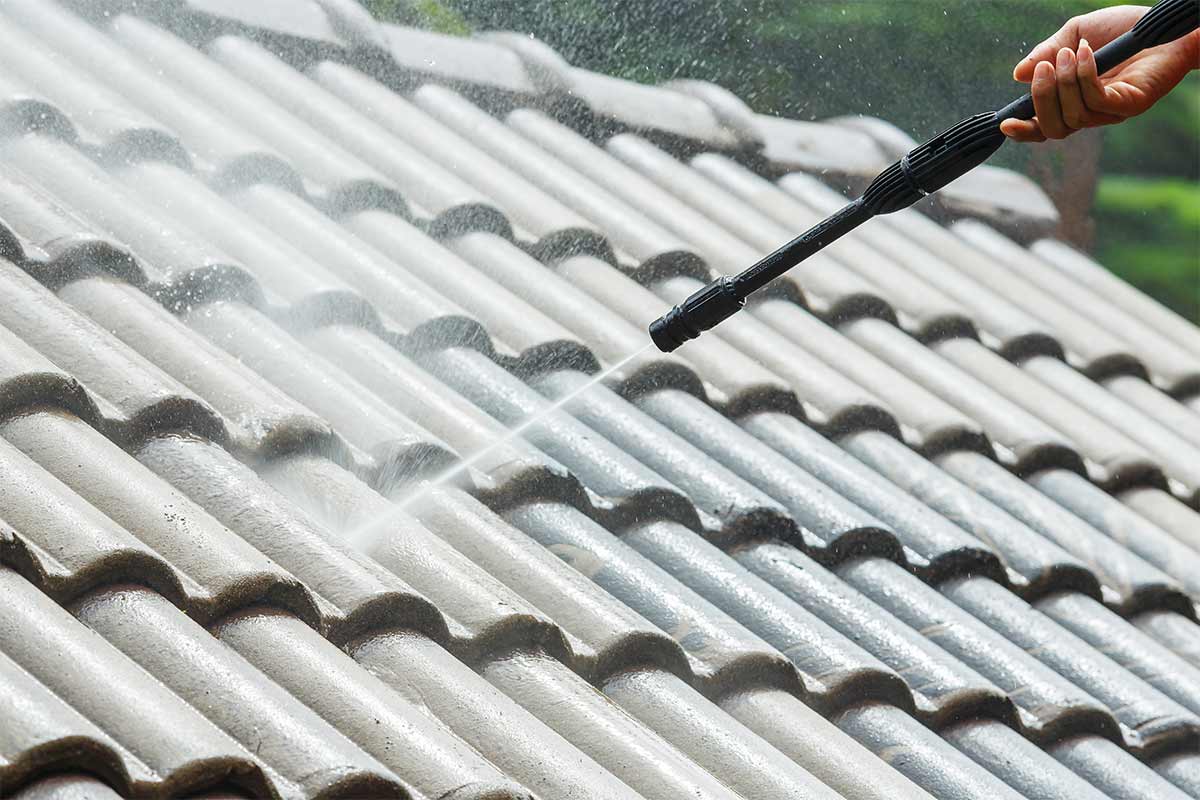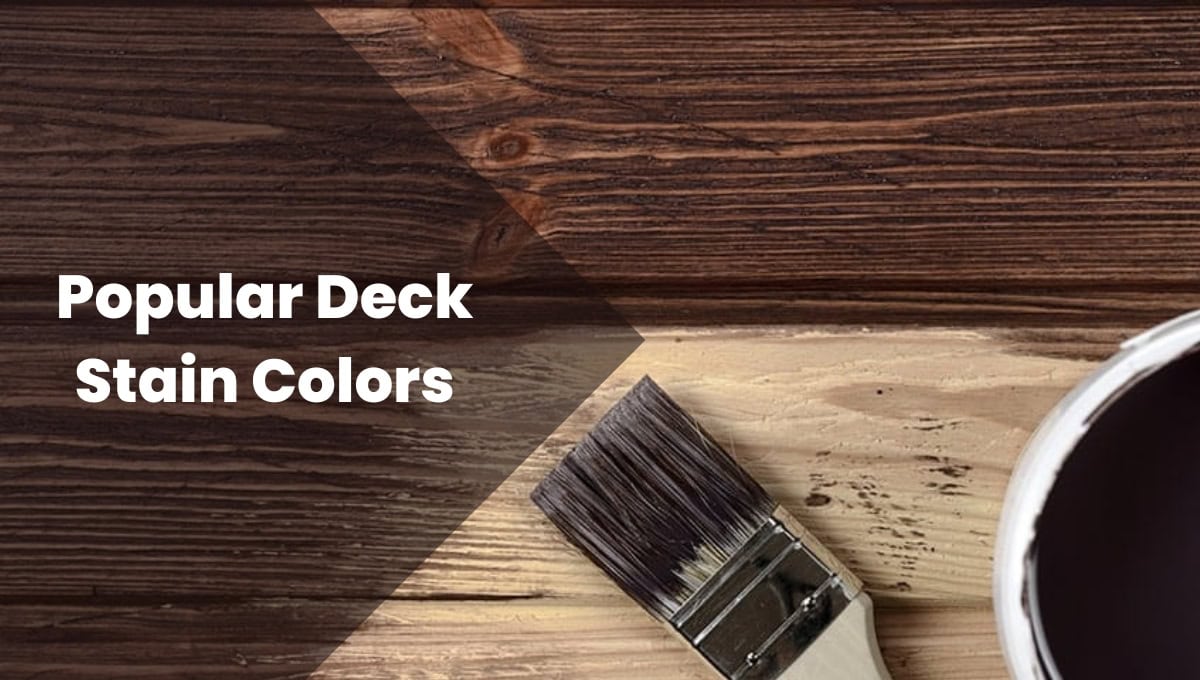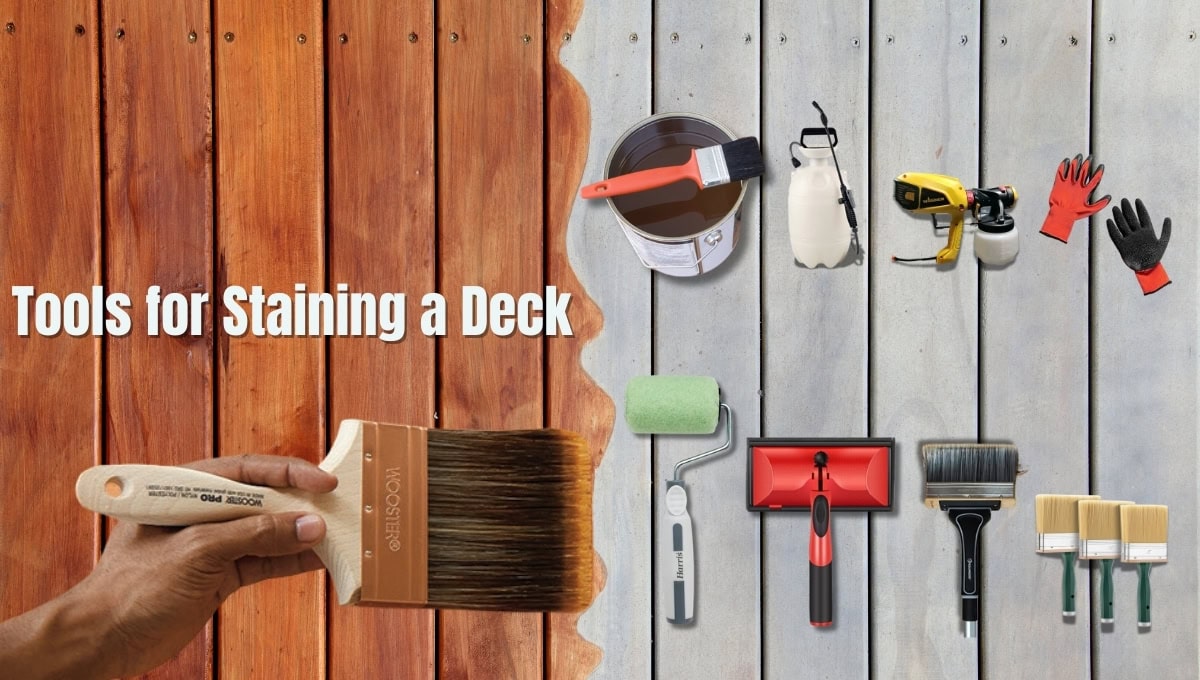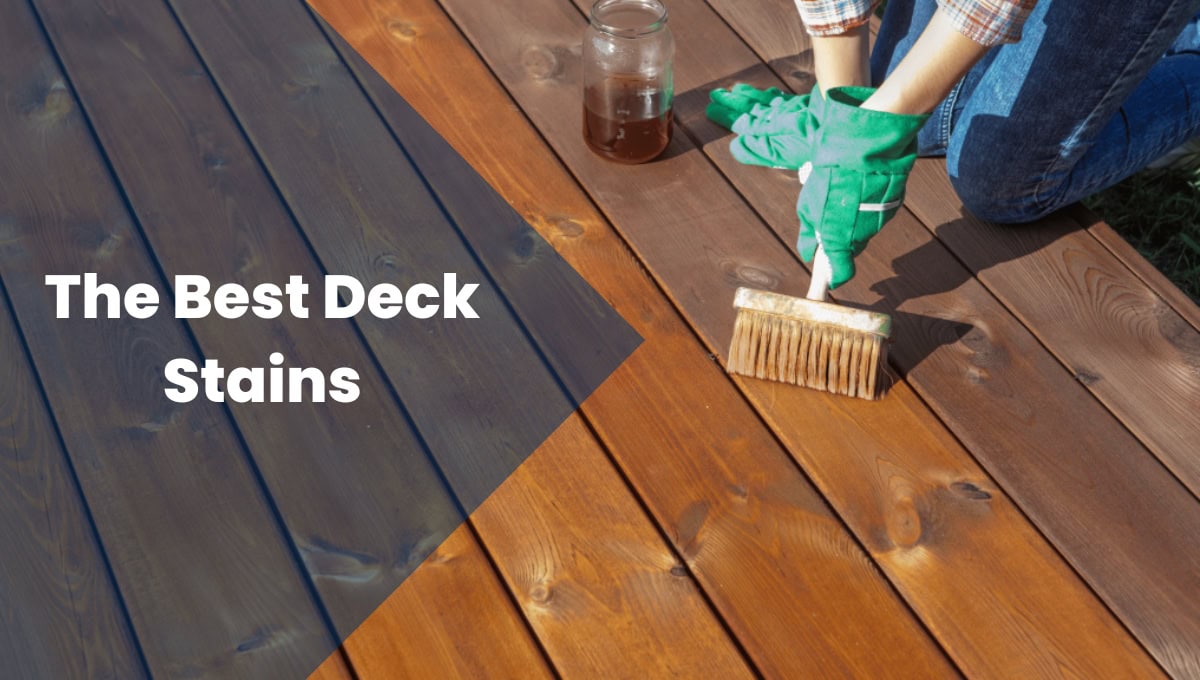Maintaining your property’s exterior is essential for preserving its value and appeal. Power washing vs pressure washing are two popular methods that can help achieve a clean, polished look. While these techniques may seem similar, knowing their differences can save time, money, and effort when tackling your next cleaning project.
In this guide, we’ll break down the key differences between power washing and pressure washing, their ideal uses, costs, and safety considerations, helping you choose the best method for your needs.
What is Power Washing?
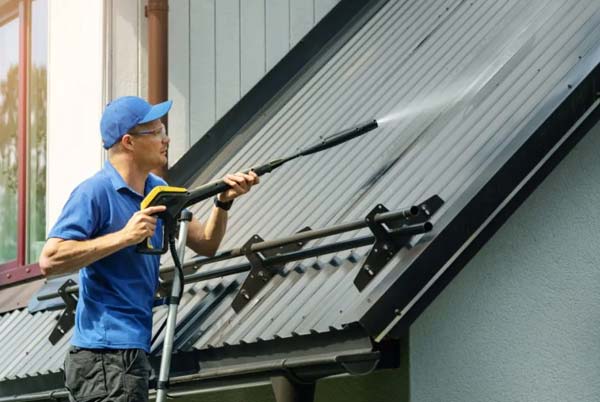
Power washing uses highly pressurized water heated to a specific temperature to tackle tough stains and grime. The heated water allows for better penetration and breakdown of stubborn contaminants like grease, mold, and algae.
Key Features of Power Washing
- Hot Water Cleaning: The primary distinction between power washing and pressure washing lies in the temperature. The hot water in power washing makes it ideal for heavy-duty cleaning tasks.
- Targeted Applications: It works best for durable surfaces such as concrete, brick, and stone, which can withstand intense heat and pressure.
- Heavy-Duty Stain Removal: Power washing excels at removing grease stains, moss, mildew, and other stubborn grime.
Benefits of Power Washing
Power washing is particularly effective for cleaning surfaces such as cement or concrete, as these durable materials can withstand the heat generated by the heating element in the power washer. Thanks to the combination of hot water and high pressure, it can effectively regulate and eliminate moss, weeds, algae, and grease stains, making it a more efficient option.
Power washers are highly beneficial for:
- Large commercial jobs
- Cleaning large surface areas
- Persistent stains
- Weed eradication
- Large-scale commercial projects
So, when you need a heavy-duty cleaning solution for any of these purposes, power washing is the way to go.
Limitations of Power Washing
- Not Suitable for Delicate Surfaces: The combination of heat and pressure can damage softer materials like wood, vinyl, or stucco.
- Higher Cost: Due to the advanced equipment and heating element, power washing is typically more expensive than pressure washing.
- Increased Risk of Damage: Improper use of power washers can result in cracked or dislodged materials, making professional expertise crucial.
What is Pressure Washing?
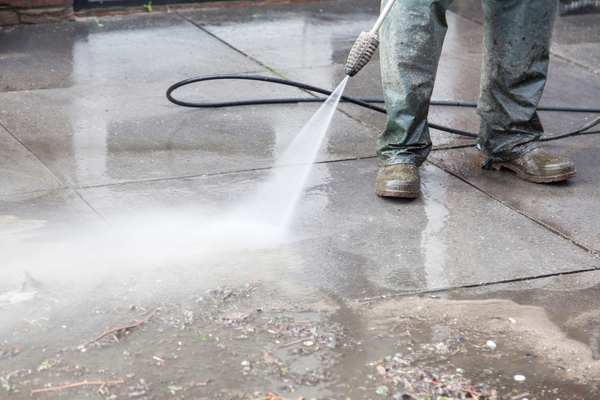
Pressure washing relies on cold water delivered at high pressure to clean a wide variety of surfaces. Unlike power washing, it does not use heated water, making it a more versatile and cost-effective option for general cleaning tasks.
Key Features of Pressure Washing
- Cold Water Power: Ideal for removing dirt, dust, mud, and debris without the added heat.
- Versatility: Pressure washing can handle a broader range of surfaces, including wood, brick, and vinyl.
- Adjustable Pressure Levels: Modern pressure washers often include interchangeable nozzles, allowing for customized pressure settings to suit different surfaces.
Benefits of Pressure Washing
The benefits of pressure washing make it a go-to solution for maintaining your property’s cleanliness and value. Pressure washers are highly versatile, cost-effective, and adaptable to a variety of surfaces, thanks to adjustable nozzles that regulate water pressure to suit specific cleaning needs.
In addition, pressure washing serves as a powerful and effective cleaning solution that can:
- Help prevent surface damage
- Increase curb appeal
- Protect your investment
- Provide health benefits by eliminating dirt, mold, and other contaminants from various surfaces.
Limitations of Pressure Washing
- Less Effective on Tough Stains: Without the heated water, pressure washing may struggle to remove grease, oil, or deeply embedded grime.
- Potential for Damage: High pressure can still harm delicate materials if not handled correctly.
- Requires Expertise: Incorrect nozzle settings or excessive pressure can cause unintended damage to surfaces like siding or brick.
Power Washing vs. Pressure Washing: A Detailed Comparison
To choose between power washing and pressure washing, consider your cleaning needs, the type of surface, and the nature of the contaminants you’re dealing with.
| Feature | Power Washing | Pressure Washing |
|---|---|---|
| Water Temperature | Heated water for enhanced cleaning power | Cold water, suitable for most tasks |
| Ideal Applications | Concrete, brick, commercial spaces | Siding, fences, driveways, and general tasks |
| Effectiveness | Superior for tough stains and grease | Effective for light to moderate cleaning |
| Cost | Higher due to heating element | More affordable for homeowners |
| Risk of Damage | Greater risk to delicate surfaces | Lower risk with proper nozzle selection |
When to Choose Power Washing
Power washing is the right choice for:
- Large Commercial Projects: Perfect for warehouses, parking lots, and other expansive areas.
- Stubborn Grime: Excellent for tackling oil stains, grease, and deeply embedded contaminants.
- Durable Materials: Best suited for hard surfaces like concrete and brick.
When to Choose Pressure Washing
Pressure washing is ideal for:
- Routine Household Cleaning: Great for home exteriors, driveways, and patios.
- Delicate Surfaces: Suitable for materials like wood and vinyl that might be damaged by heat.
- Versatile Applications: An all-purpose cleaning method for various surfaces.
Costs of Power and Pressure Washing
The cost of house washing varies depending on factors like project size, surface type, and equipment used. Typically:
- Power Washing: $0.30–$0.75 per square foot
- Pressure Washing: $0.15–$0.50 per square foot
Factors Influencing Costs:
- Square footage of the area
- Level of dirt and stains
- Type of material being cleaned
- Professional vs. DIY services
DIY vs. Professional Services
While DIY power and pressure washing can save money, hiring professionals ensures safety, efficiency, and high-quality results. At McCoy’s Deck Staining and Pressure Washing, we offer expert services to handle even the toughest cleaning tasks in Nashville and surrounding areas.
Advantages of Hiring Professionals
- Expertise and proper training
- Access to commercial-grade equipment
- Reduced risk of damage or injury
- Time-saving convenience
Safety Tips for DIY Cleaning
If you choose to go the DIY route, keep these safety precautions in mind:
- Wear protective gear such as gloves, goggles, and non-slip footwear.
- Avoid aiming the nozzle at people, pets, or fragile objects.
- Test the pressure on a small area before proceeding.
- Always follow the manufacturer’s instructions.
Conclusion
Both power washing and pressure washing offer effective solutions for maintaining your property’s appearance. By understanding their differences, benefits, and limitations, you can choose the method that best suits your needs.
If you’re ready to restore your property’s curb appeal, trust McCoy’s Deck Staining and Pressure Washing for expert cleaning services. Contact us today for a free quote and let us help you achieve a spotless exterior!
FAQs on Power Washing vs PRessure washing
No, power washers and pressure washers are not the same. Both are used to clean outdoor surfaces by removing dirt, mold, and grime, but the key difference is the water temperature. Power washers use heated water, making them more effective for grease and stubborn stains, while pressure washers rely on cold water for general cleaning tasks.
Avoid using a pressure washer on delicate or vulnerable surfaces that may be damaged by high pressure. This includes:
- Electrical panels or meters
- Asphalt shingles (as it can strip granules)
- Painted surfaces (to prevent chipping or peeling)
- Windows (to avoid breaking the glass)
- Plants, flowers, or trees (to prevent harm to foliage)
- Vehicles (as excessive pressure can cause dents or strip paint)
While pressure washers are effective, they have some downsides:
- They can damage delicate surfaces like wood, stone, or brick if the pressure is too high.
- Improper use can result in injuries, such as cuts or abrasions.
- They use significant amounts of water, which can lead to wastage if not managed properly.
- Quality equipment can be costly to purchase and maintain.
For most home cleaning tasks, a pressure washer with 1,300 to 2,000 psi is sufficient. This range is effective for cleaning siding, patios, and decks without damaging surfaces. For heavier tasks like cleaning concrete driveways, you may need a more powerful washer, up to 3,000 psi. Always use the appropriate nozzle and settings for the specific job to ensure optimal results.

